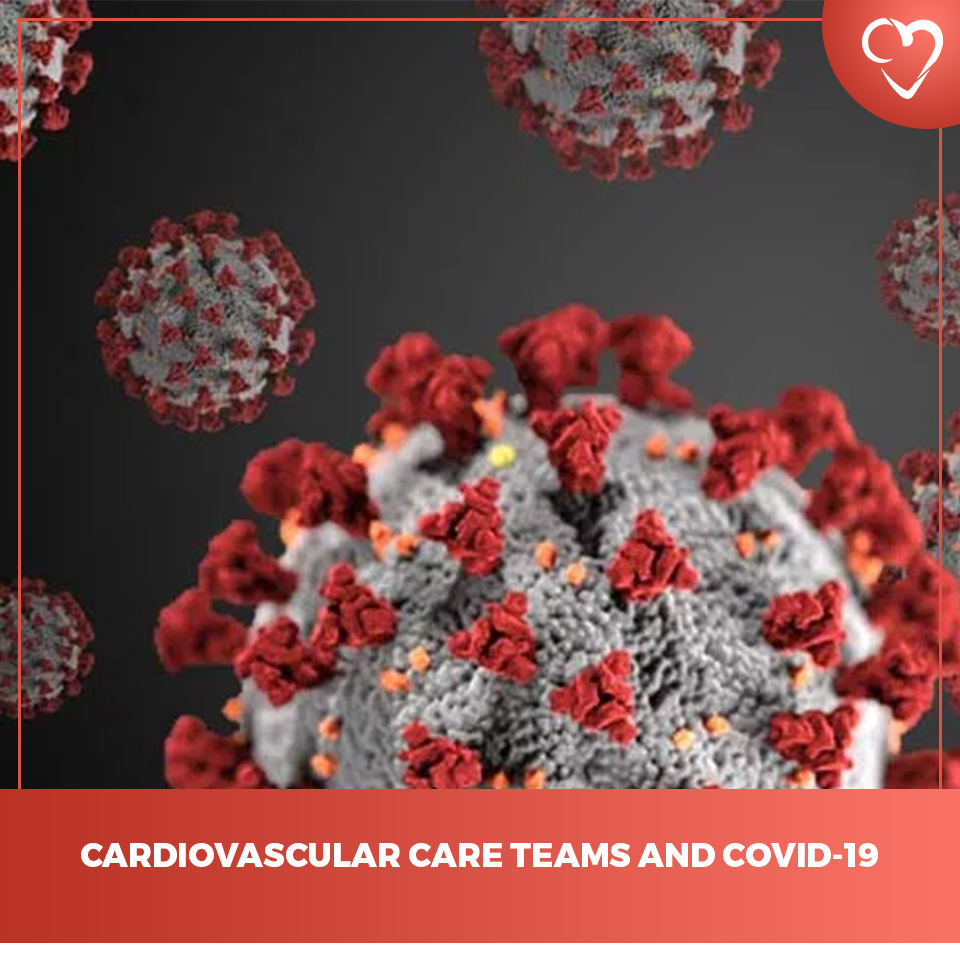
The American College of Cardiology has issued clinical guidance for cardiovascular care teams addressing the current COVID-19 pandemic. We have provided relevant points from the bulletin below.
Acute Cardiac Complications of COVID-19
- In a recent case report on 138 hospitalized COVID-19 patients, 16.7 percent of patients developed arrhythmia and 7.2 percent experienced acute cardiac injury, in addition to other COVID-19 related complications.
- Published and anecdotal reports indicate cases of acute onset heart failure, myocardial infarction, myocarditis, and cardiac arrest; as with any acute illness, higher cardiometabolic demand can precipitate cardiac complications.
- Cardiac complications of COVID-19 are approximately commensurate with SARS, MERS, and influenza analogs.
- Cardiologists should be prepared to assist other clinical specialties in managing cardiac complications in severe cases of COVID-19.
- Critical care and cardiology teams should confer to guide care for patients requiring extracorporeal circulatory support with veno-venous (V-V) versus veno-arterial (V-A) ECMO.
COVID-19 Implications for Patients with Underlying Cardiovascular Conditions
- Patients with underlying cardiovascular disease are at higher risk of contracting COVID-19 and have a worse prognosis.
- It is reasonable to advise all cardiovascular patients of the potential increased risk and to encourage additional, reasonable precautions in accordance with CDC guidance.
- It is important for patients with CVD to remain current with vaccinations, including the pneumococcal vaccine given the increased risk of secondary bacterial infection with COVID-19; CVD patients should be vaccinated against influenza in accordance with current ACC/AHA guidelines.
- In geographies with active COVID-19 outbreaks, it may be reasonable to substitute telephonic or telehealth visits for in-person routine visits for stable CVD patients.
- Providers are cautioned that classic symptoms and presentation of AMI may be overshadowed in the context of COVID-19, resulting in underdiagnosis.
- For patients with heart failure or volume overload conditions, copious fluid administration for viral infection should be used cautiously and carefully monitored.
- General immunological health remains important for both providers and patients, including eating well, sleeping, and managing stress.
Cardiac-specific Preparedness Recommendations for COVID-19
- The routine transmission of COVID-19 to healthcare workers suggests that everyday infectious disease mitigation precautions are insufficient and healthcare workers in outbreak geographies must be prepared to adopt personal protection measures.
- Cardiovascular care team members with limited experience and/or training in personal protective equipment (PPE) donning, usage, and doffing should be trained now in accordance with CDC guidelines.
For more information on this continuously evolving situation and updated data and guidelines please visit the Centers for Disease Control (CDC), the American College of Cardiology (ACC), and the World Health Organization (WHO).
Share your experiences, help answer questions, and continue discussions on this topic and other cardiovascular issues on the clinician-only QnA forum on CardioVisual. https://app.cardiovisual.com